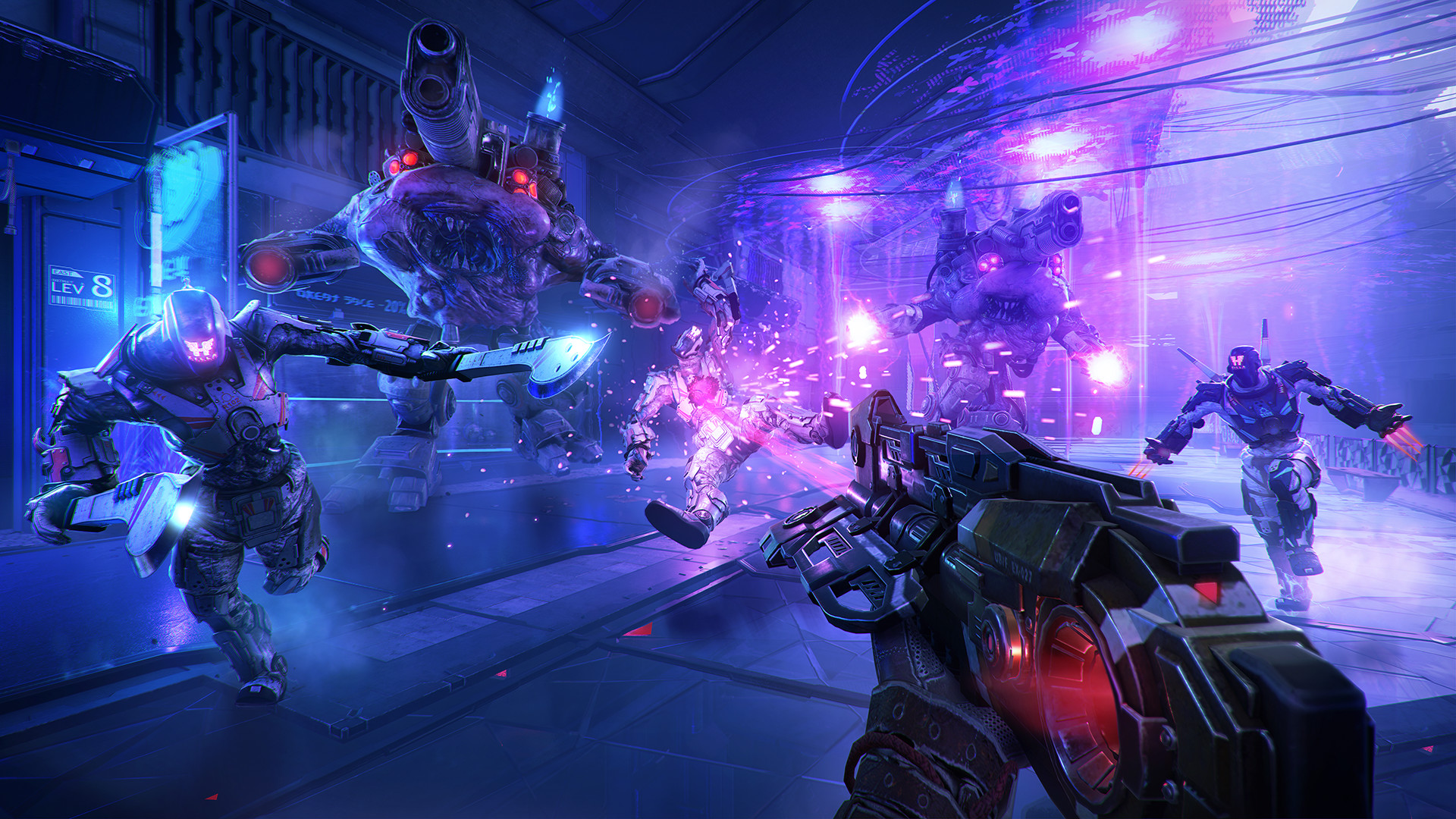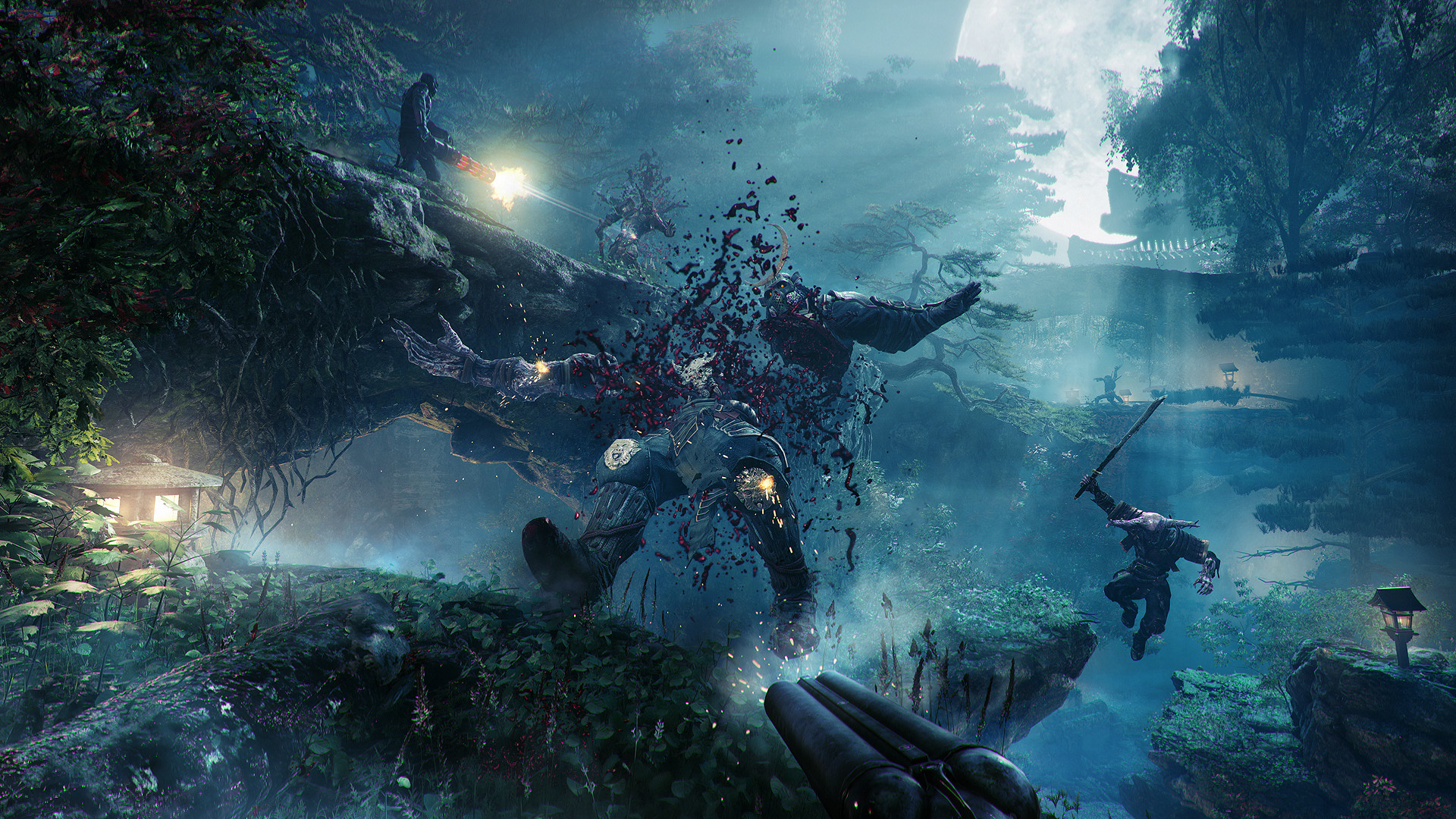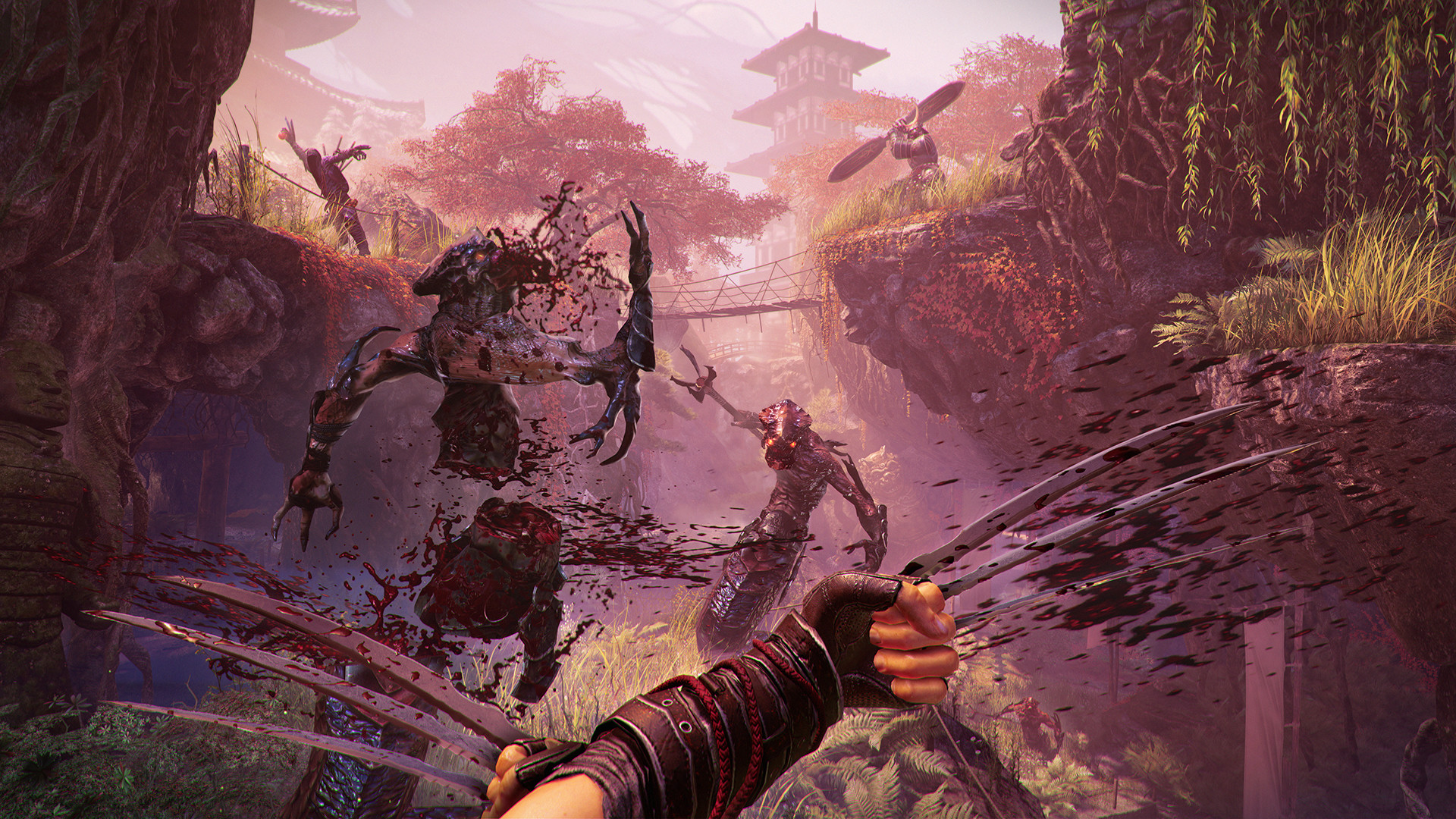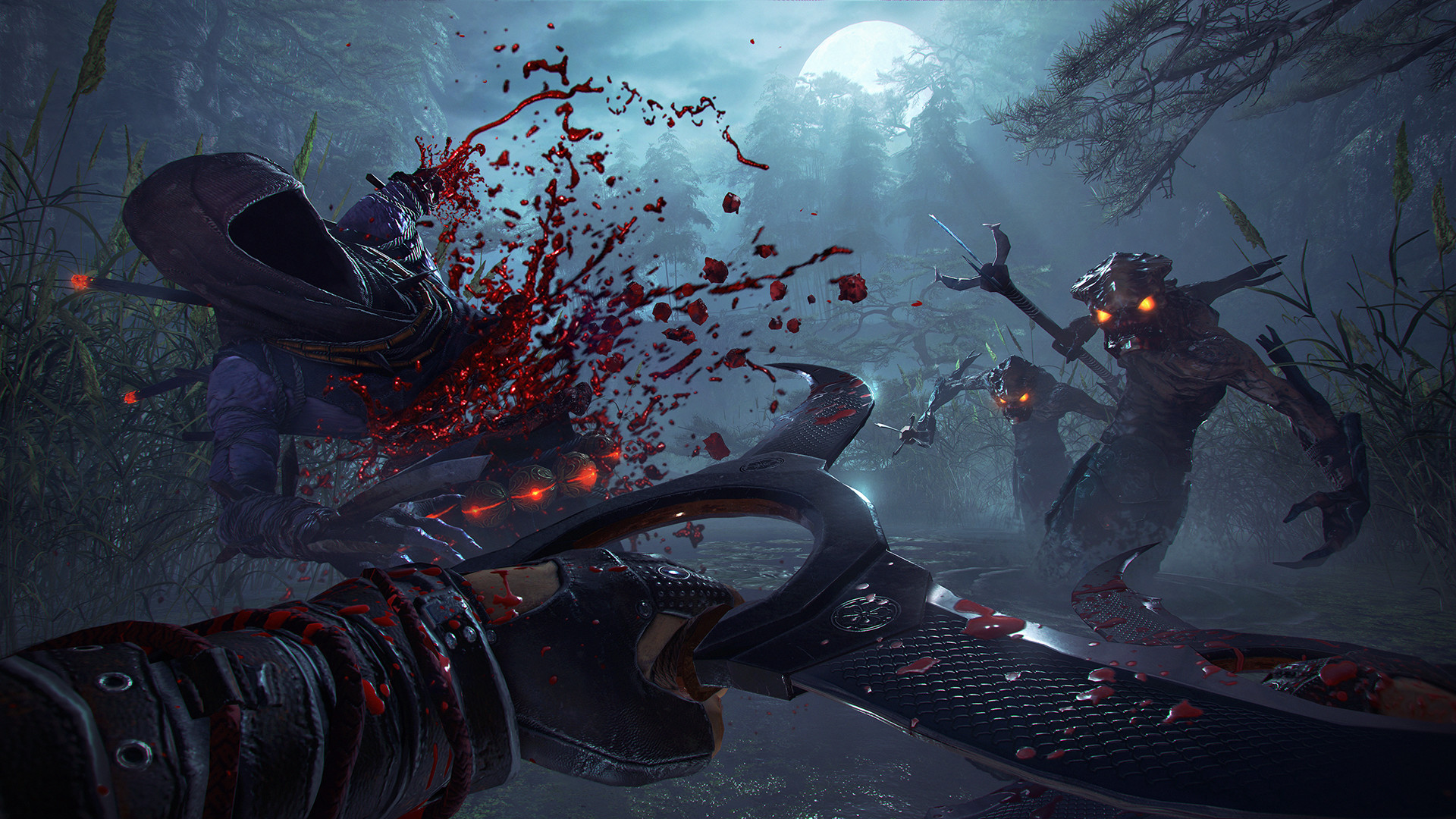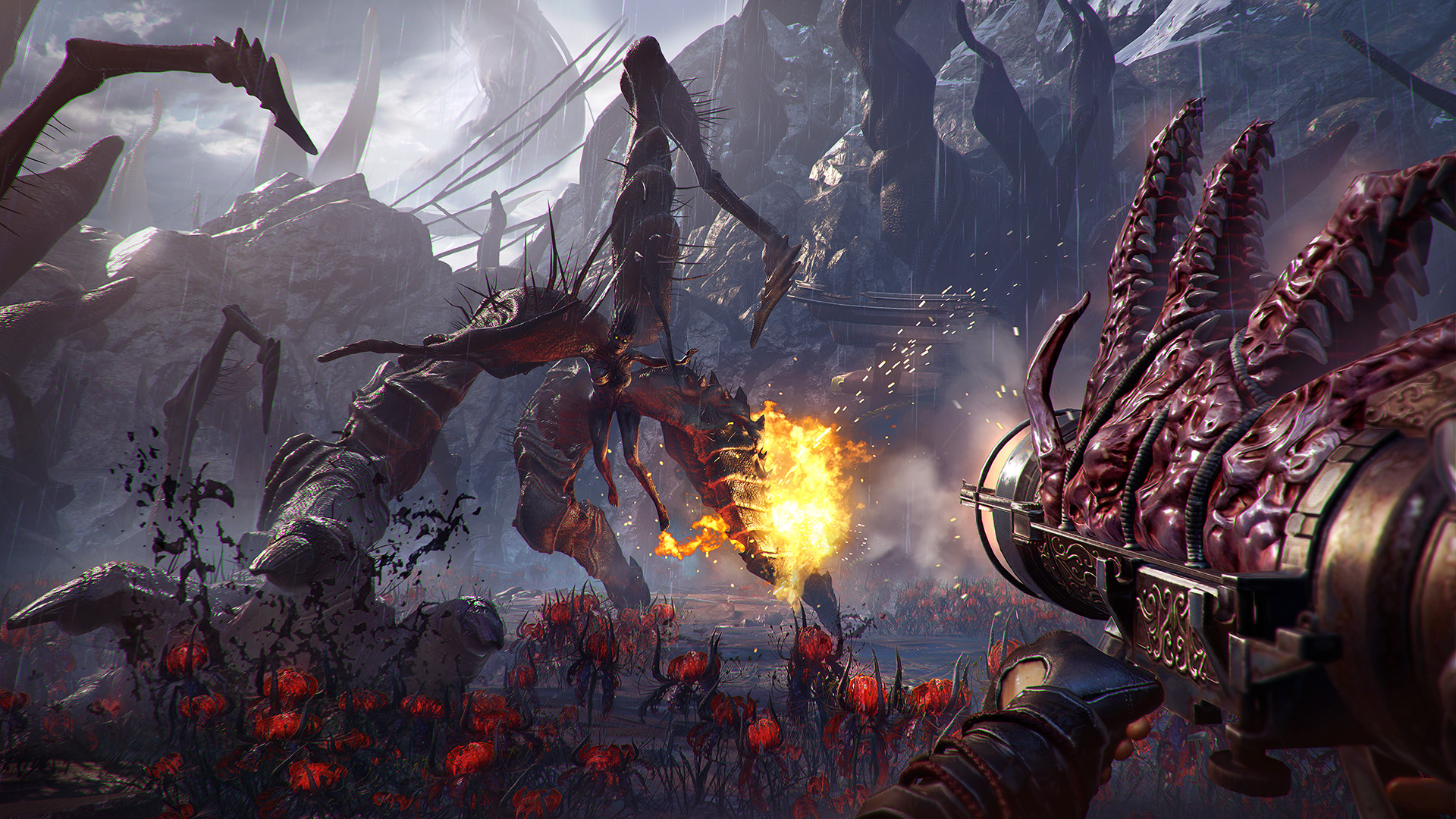Adam Jensen said:
There's several kinds of pre-ordering. One is based on hype around the game (while not necessarily a bad thing it's hardly justifiable so it should be avoided), one is based on the fear of missing out on the content if you don't pre-order (the worst kind) and another one is all about supporting the studio behind the game because you love their stuff and want to see more in the future. I will pre-order a game if it's made by an independent studio that has a 100% positive track record with me. And Flying Wild Hog is such a studio. I loved Hard Reset and the first Shadow Warrior. These guys know how to make a shooter that does exactly what I want and it's fairly priced.
I mostly disagree.
Effectively, there are really only two forms of pre-ordering: one that ensures you reserve a hard-to-get item, and the other which signals exploitative corporate browbreating from an already greedy and at times anti-consumer industry.
For example, I have/had no sympathy for anyone whining about NMS if they pre-ordered. It's a gamble, and frankly they deserve to be disappointed for offering themselves and their wallets up to the industry's manipulation.
Only pre-ordering for indies is something I've never heard of before, so kudos for that. Obviously it's your money, and we're all free to spend how we wish in this market. I don't see what that achieves, though; what are you, or the company, gaining from you pre-ordering? That's a genuine question, btw, not snark.
Though the bold use at the top of this reply is important - regardless of exceptions, pre-ordering sends only one signal to the industry, that it is a viable means to exploit us. As I said, I ostensibly loathe season passes but I sometimes buy them for games I really enjoy; but Bethesda and The Industry make no distinction between me simply wanting to save a bit of money for content I knew I wanted, and someone caving in to 'get the season pass, get early access/unique items' (Forza 4's strategy/conjob turned me off the entire IP). Same goes for pre-ordering. It's a model that serves the industry and the publishers, not the consumer, yet every single pre-order regardless of individual motive signals that they can keep pushing their luck.
